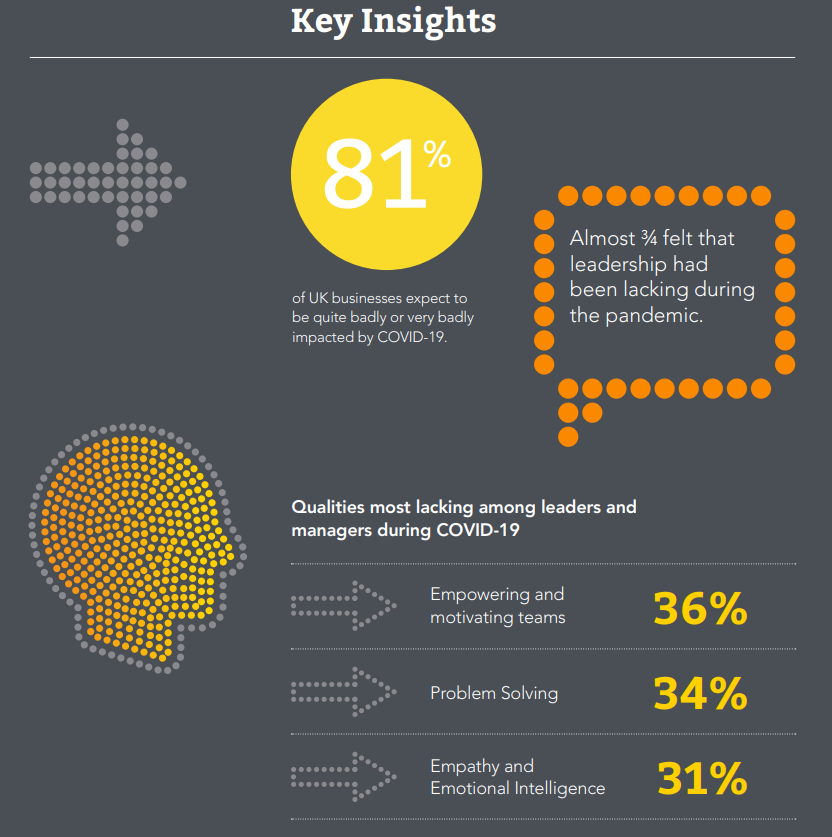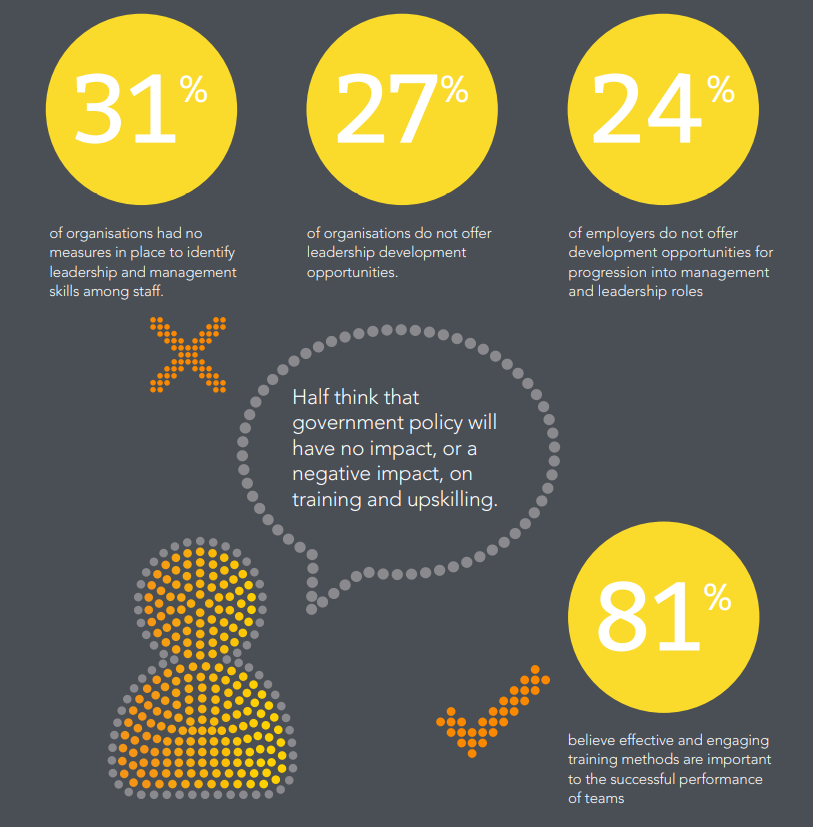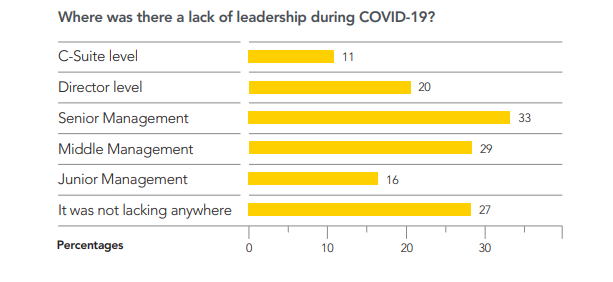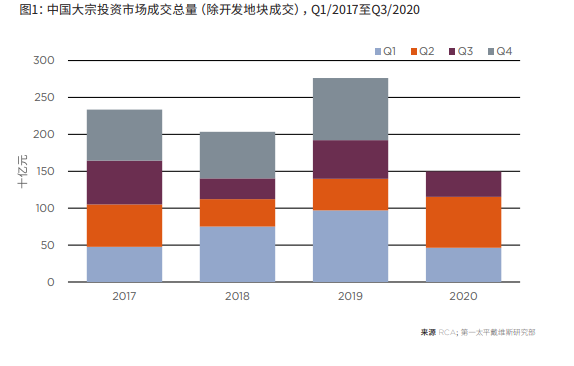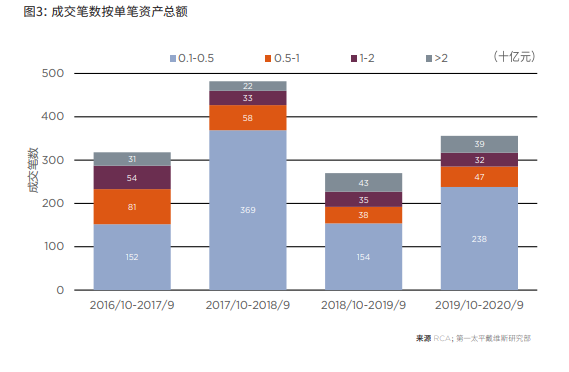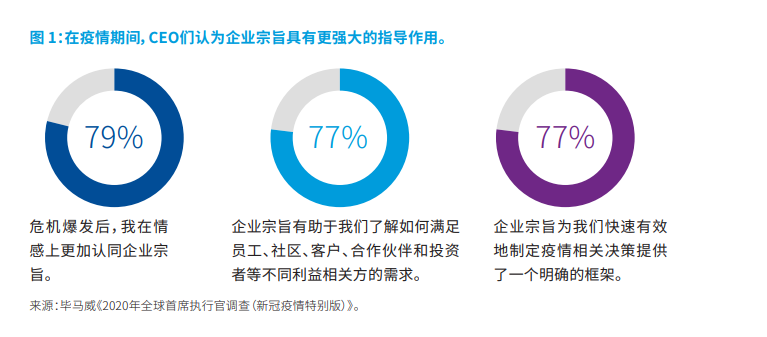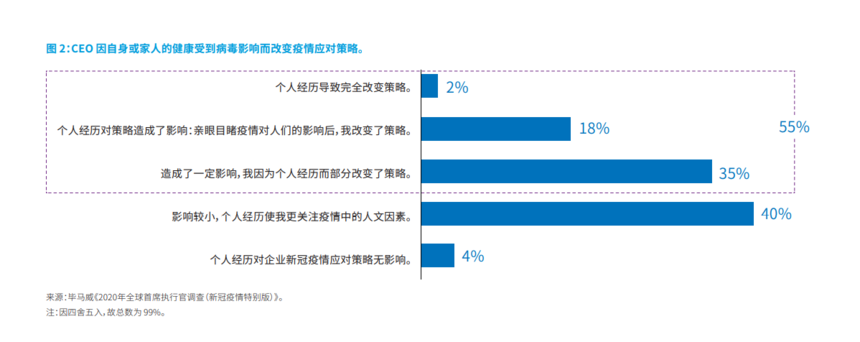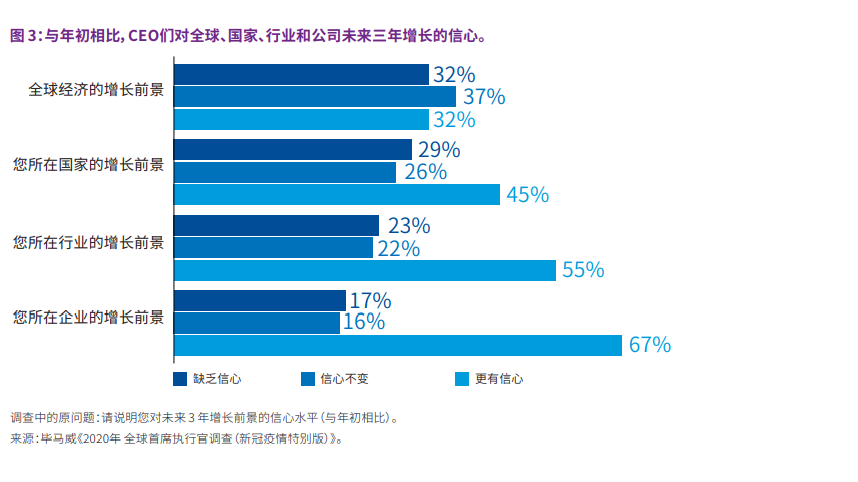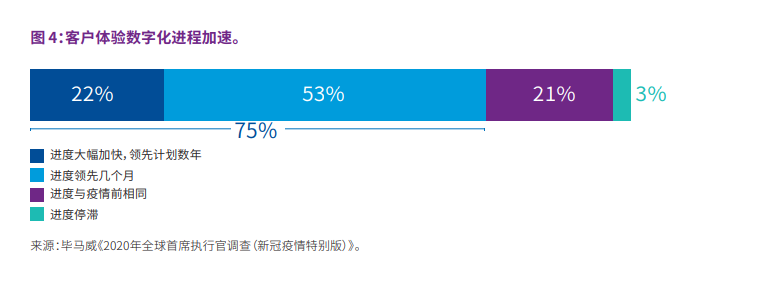|
|
Industry Pulse about Education, Real Estate and Financial Performance
Introduction BritCham Guangdong connects and promotes businesses in the Greater Bay Area and bridges British business with Chinese enterprises. Every month BritCham Guangdong brings you news from our members which you may want to know about - Pulse offers you up-to-date industry insight through a 20-min read. BritCham Industry Pulse aims at joining the dots between our members and their market sectors.
Leading through challenging times COVID-19 has brought huge fundamental changes in the way we all live and work. Leaders and managers have had to adapt to challenging economic conditions and, in many cases, entirely new ways of working as pandemic restrictions shut down work places across the country. However, many of the challenges that we have faced have not come about purely as a result of the pandemic – rather, COVID-19 has brought long existing issues to the fore. Understandably, there has been a hastening of the move to more homeworking during the lockdown which is likely to be a trend that is here to stay. Managing homeworking teams requires some different managerial skillsets and an atmosphere of trust and understanding between teams. The Coronavirus pandemic has highlighted the importance of investment in leadership and management training, as many businesses have struggled to adapt to these rapidly changing circumstances. And the pandemic isn't the only crisis that British businesses are facing. With Brexit upon us and difficult economic conditions likely in 2021. Capable, effective and adaptable leaders will be critical to guide organisations and inspire and encourage their colleagues and to meet the needs of a changing workforce and a changing world. In this research paper, we surveyed over 3,500 people at all levels of seniority from across the UK, exploring their experience of leadership and management in their businesses during the pandemic, the policies and initiatives their employers have in place to nurture leadership and management talent, and what qualities and skills their leaders and managers will need to guide and support them in an uncertain future. COVID-19 has undoubtedly wrought chaos on most businesses across all sectors, but it has also provided us with valuable insights into which skills are the most essential when faced with a crisis. We should now use that knowledge to develop a nation of leaders and managers who are prepared to face any eventuality. The one thing that is certain is that we will face more uncertainties in the years ahead as we deal with the aftermath of COVID-19, a likely recession and with Brexit imminent. The businesses that will flourish are the ones that have leaders and managers who can lead their teams to respond.
Methodology In October 2020 we worked with research agency Censuswide and carried out a poll of over 3,500 working age people in the UK across a wide range of sectors and regions. We asked the respondents a number of questions to ascertain their experiences of management and leadership during the COVID-19 pandemic, and their wider attitudes towards leadership and management training and strategy. We compared the experiences of respondents broken down by location, age, level of seniority and sector. The research was conducted by Censuswide between 29.09.20-23.10.20, with 3,506 employers (middle managers +, with a minimum quota of 25% to be ‘Senior manager / professional’ , ‘Director’ , ‘Business owner’) and employees (‘Clerical’ , ‘Manual – unskilled’ , ‘ Manual – skilled’ , ‘Graduate entry level’ , ‘Junior manager / professional’, Core staff member (no managerial responsibility)) (50/50 split) ensuring the following regional minimum quotas for where respondents work with even split of employers and employees: • Minimum 500; England, Scotland, Wales and Northern Ireland. • Minimum 250; Greater London, South East West of England (include ‘West Midlands’ ‘South West’) • Minimum 200; Greater Manchester, Sheffield Censuswide is a member of ESOMAR – a global association and voice of the data, research and insights industry. Censuswide comply with the MRS code of conduct based on the ESOMAR principles. For more details about Leading through challenging times, please click here.
2020中国投资市场报告 在经济降杠杆政策和持续不断的贸易战的影响下,市场本就已出现疲软现象,加之新冠疫情的影响又为市场增添了许多不确定性,2020年对所有人来说充满挑战。有基金投资者选择暂时静观市场变化,也有选择更为防守型的投资策略, 聚焦于带租期更长的稳定性资产,或者看向一些 过去不被关注但是有结构性需求增长潜力的非传统资产。同时,自用买家和长期资本保持活跃, 意图以理想的价格收购核心资产。面对更为严格的融资条件,为了生存高负债率的开发商将不得不选择引入新的股权伙伴,精简业务线或者出售 一些非核心资产。
关于2020中国投资市场报告的更多详情, 请点击此处.
毕马威2020年全球首席执行官调查: 新冠疫情特别版 全球疫情重新定义领导力短短数月,新冠疫情不仅对首席执行官(CEO)们提出了诸多超出其预料的要求,更从许多方面重新定义了领导力。无论是个人、企业、还是国家,都处于疫情的不同阶段,遭受了不同程度的冲击。对很多人而言,唯一能够确定的就是未来的不确定。 为了洞悉当前的复杂环境,毕马威分别于今年一、二月和七、八月对数百位来自全球顶尖企业的 CEO 进行了调研,以了解其观点和优先事项变化,同时还就未来信心以及如何应对这百年不遇的危机询问了他们的意见。 不出意料,与年初时相比,受访 CEO 对全球经济增长的信心均有所下降。然而,除去对增长预期和产出的重新衡量, 很多企业领导者将优先事项进行了调整,并把精力放在了更重要的事情上——保护他们员工的健康,以及企业所服务的社会的福祉。 出于对市场衰退的担心,CEO 纷纷在企业内部采取各种果断措施,包括加快企业数字化转型步伐、确保人才梯队满 足未来需求等等。另外还积极修订企业宗旨,助力解决当前全球所面临的诸多问题。 总之,对任何一位领导者来说都有很多事情要做,尤其是在这么紧迫的时间框架下,在此我谨向所有在百忙之中拨冗参加调研的企业领导者表示衷心的感谢。正是在他们的帮助下,本报告才得以揭示当前的一些重要趋势和洞察,希望能对读者有所裨益。 感谢各位对毕马威的一贯信任,祝大家平安顺遂。 主要发现: 人才和新的工作方式: 远程办公拓宽人才来源,企业开始转变招聘战略,在重新考虑短期办公环境的同时思考未来工作方式。 风险变化: 疫情爆发后,“人才风险”已超过“供应链风险”和“地方主义回归风险”,成为对企业发展最大的威胁。 数字化进程加快: 企业领导者纷纷押注数字化转型,封城期间大部分企业加快了数字化的速度。
在一个充满不确定性的时代,CEO们不得不做出具有长期影响的重要决策。在面临可能威胁到企业未来的巨大经济压力的同时,他们也要尽力保护自己的员工。在如今货物和人员流动都被限制的情况下,他们也不得不重新考虑整个供应链管理方法。在应对这些难题,以期在后疫情时代获得成功的过程中,他们使用企业宗旨来指导他们的决策——研究和同主要CEO的讨论中都明确体现了这一点。在这场经济和人道主义的危机中,CEO们以人为本:将员工、客户和整个社会视为一个整体。新冠疫情危机正在重新定义什么是良好的企业领导力表现。 关于毕马威2020年全球首席执行官调查: 新冠疫情特别版的更多详情, 请点击此处. Want to contact BritCham members who contributed to the above reports? Want to contribute your report to BritCham Newsletter? Please contact events@britchamgd.com |



